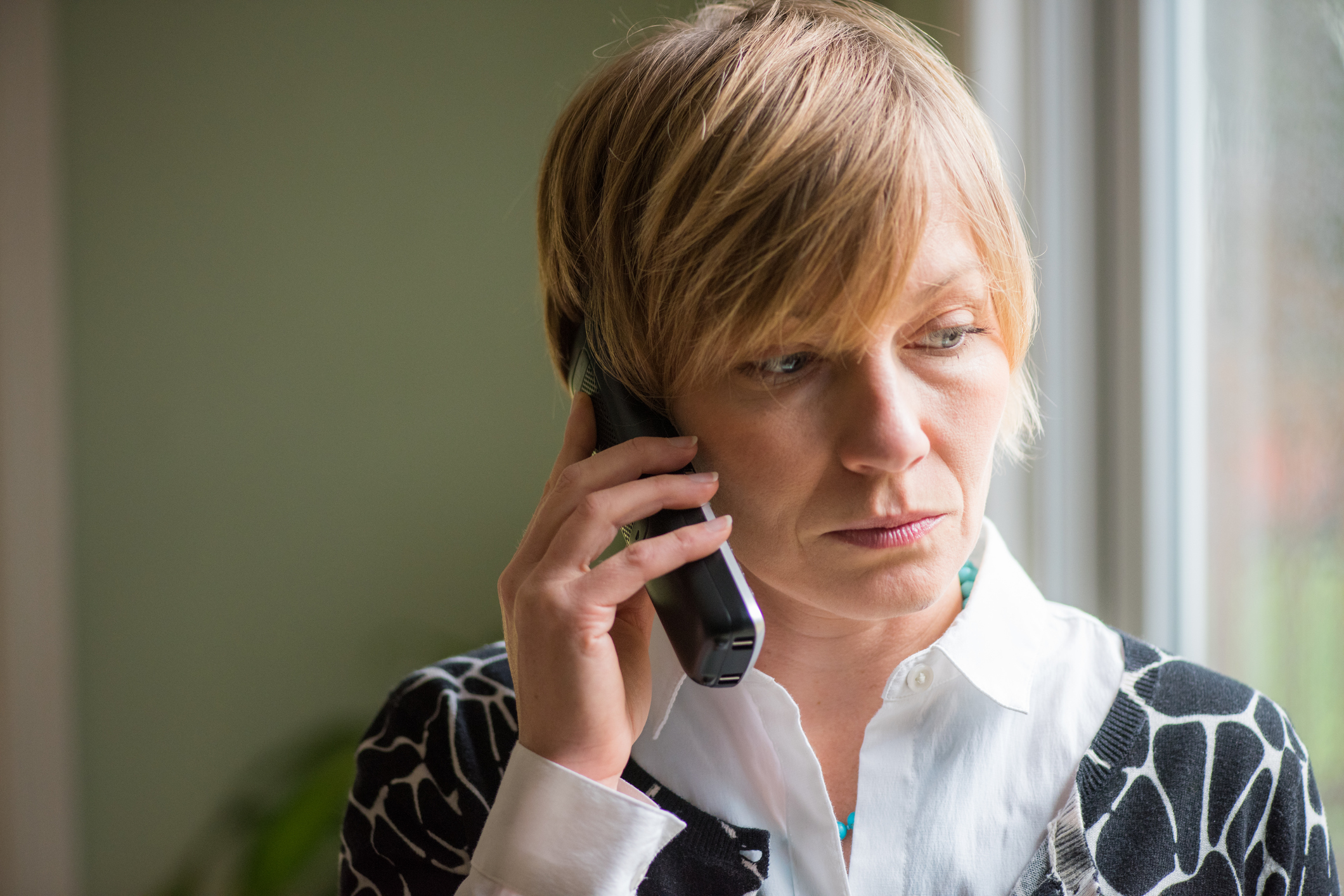Colposcopy
This is an examination to look at your cervix.
What is a colposcopy?
A colposcopy is an examination to look at your cervix. Your cervix is the opening to your uterus (womb) from your vagina.
Your doctor may want to do a colposcopy to check for abnormal cells, including cancer cells in your cervix, vagina or vulva.
A colposcopy uses an instrument called a colposcope, which provides magnified images of the tissue that lines your cervix.
Before the test
Your doctor will advise you if there is anything you need to do anything before the test. For example, you may be advised to stop using tampons and vaginal creams and to stop having vaginal sex for a day or 2 before the test.
Tell your doctor if there is a chance that you are pregnant.
During the test
You will be asked to undress from the waist down.
An instrument called a speculum is placed in your vagina to open it up, like when you have cervical screening. The doctor then uses the colposcope to look inside your body through the speculum. The colposcope does not touch or go inside you, it just magnifies the area.
Your doctor may take a sample of cells (biopsy) during the colposcopy. You might feel a slight pinching sensation during a biopsy. This sample will be examined in a laboratory to see if it contains cancer cells.
Does it hurt?
The speculum being put inside you may be a little uncomfortable, but it shouldn't be painful.
If your doctor decides to take a biopsy sample, you might feel a pinching or cramping sensation.
How long does it take?
About 10-15 minutes.
After the test
You might have some bleeding after the test or feel a little sore.
If you had a biopsy, you might have a dark vaginal discharge for a few days.
You shouldn’t have vaginal sex or use products that go inside your vagina until your doctor says it’s OK.
Are there any risks or side-effects?
Colposcopy is generally safe, but let your doctor know if you have heavy bleeding, pain or a high temperature after the test.
Related links



Talk to a Cancer Nurse

Support Line
Our Daffodil Centres

